What Is a Seed Bank and Why Is the Six Senses Group Advocating for It?
Luxury hospitality group Six Senses is currently trial testing the formation of seed banks at some of their hotels and the impact it will make on the environment.
15 September 2025
Share this exclusive content from Saladplate
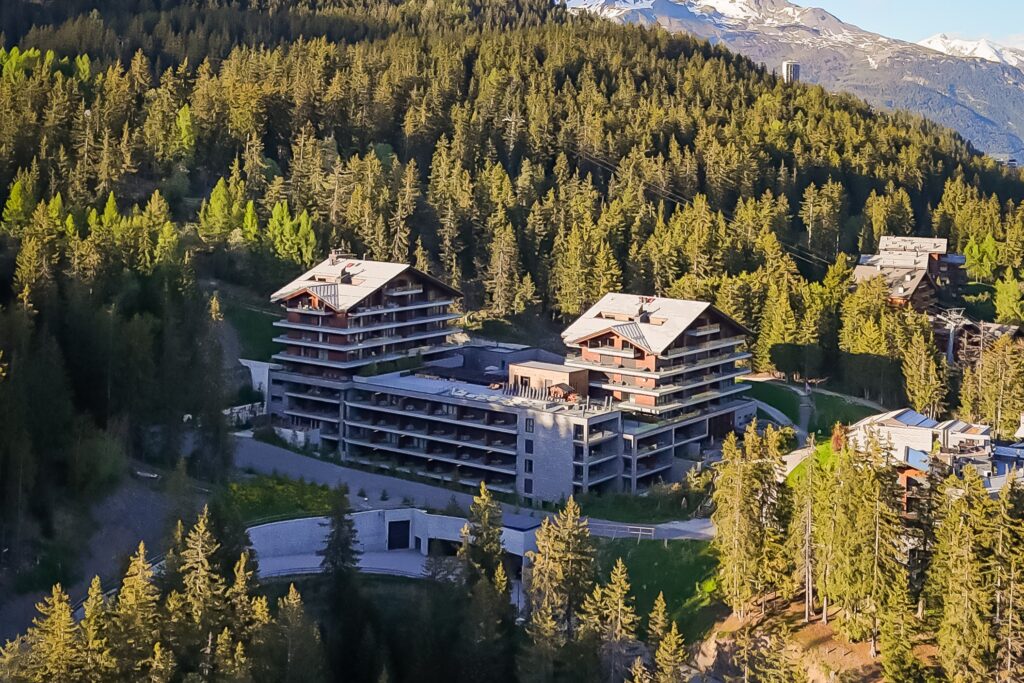
Photo credit: Six Senses Crans-Montana
It has become almost mandatory that hotel groups have some form of sustainability practices woven into their brand DNA. No longer is it enough to limit the use of single-use plastics or reduce the number of sheet changes per stay; many guests are now looking for hotels that have a real meaningful commitment to their environments and have become wary of green-washing.
One company committed to this is Six Senses.
The boutique brand that became part of InterContinental Hotel Group in 2019 has always had sustainability and
a commitment to nature as their focus. One initiative they are currently exploring is a seed bank programme across their hotels.
A seed bank is a place where seeds from a variety of plant species are stored under controlled conditions to preserve genetic diversity for the future. They are collected, cleaned, dried, and stored in cool, dry environments and periodically tested for viability. It can be a form of insurance against the loss of plant species that might come under threat from natural disasters, conflict, climate change and disease. Most importantly, seed banks ensure biodiversity, protecting rare or endangered wild plant species; they can also enhance food security, preserving genetic material of crops to ensure future generations and ensure that restoration is a possibility. They are also important when it comes to research and breeding, as scientists can use these to develop better crop varieties.

Properties began testing the benefits of deed banks in early 2017 | Photo credit: Six Senses Fort Barwara
In its earliest iteration, Six Senses Crans-Montana in Switzerland and Six Senses Fort Barwara in India began testing out the benefits of a seed bank as early as 2017. In Switzerland, the region of Valais in Switzerland currently grows a diverse variety of apples, pears, quinces, apricots, nectarines and more, but many heritage varieties have been lost over time. These were important to supporting local ecosystems, so the hotel partnered with Nicolas Lorétan, a local horticulturist and orchardist to document the existing species of heritage fruits.
Together they identified 93 species of heritage fruits which have undergone DNA analyses between 2023 and 2024. 17 of these species were previously undescribed and have been added to the country’s national database, Argoscope. The hotel is working to propagate these varieties to continue their lineage, preserve cultural heritage and promote genetic diversity.
Opened in 2021, Six Senses Fort Bawara along with the Forest Department, the village Panchayat and Chauth Mata Trust have formed a Village Protection Action Committee with an aim to delicately “rewild” the surrounding area. The natural forests and water table (the level of ground that gets saturated with water) in the region were badly damaged by a disruptive plant species called Prosopis Juliflora when it was introduced to the area in the 1980s. “The Forest Department is now having to uproot these invasive shrubs by hand before the rewilding can begin,” says Surya Pratap Singh, Head Naturalist at the resort.
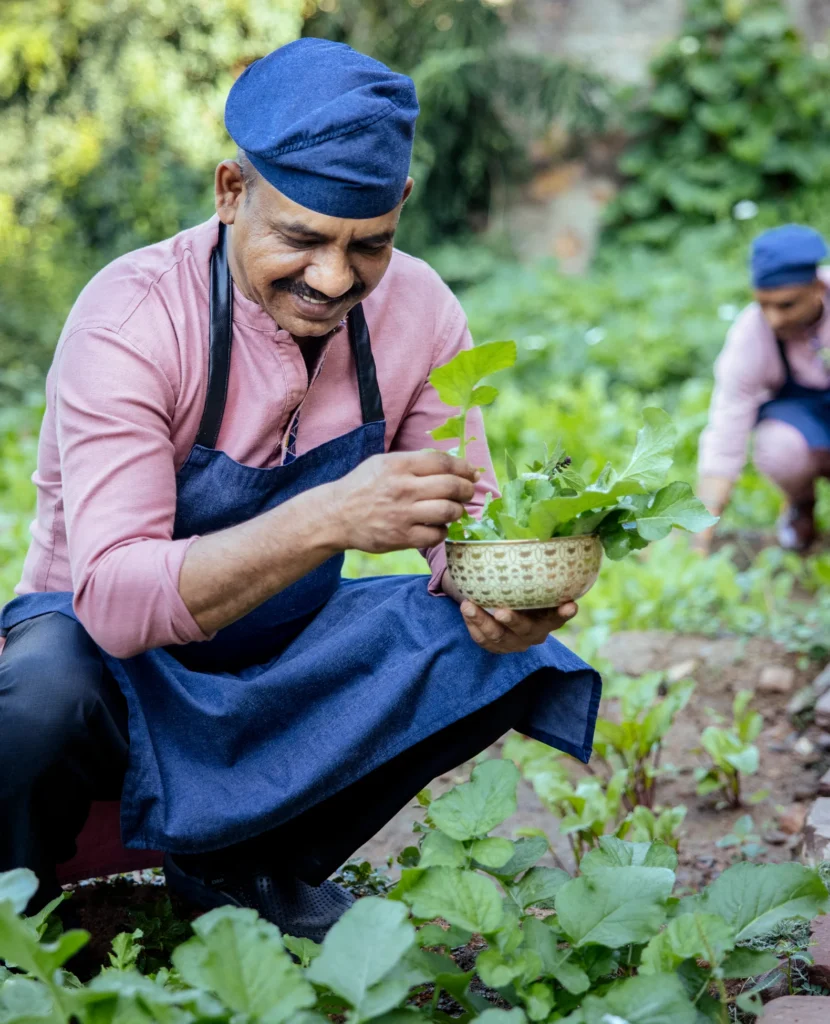
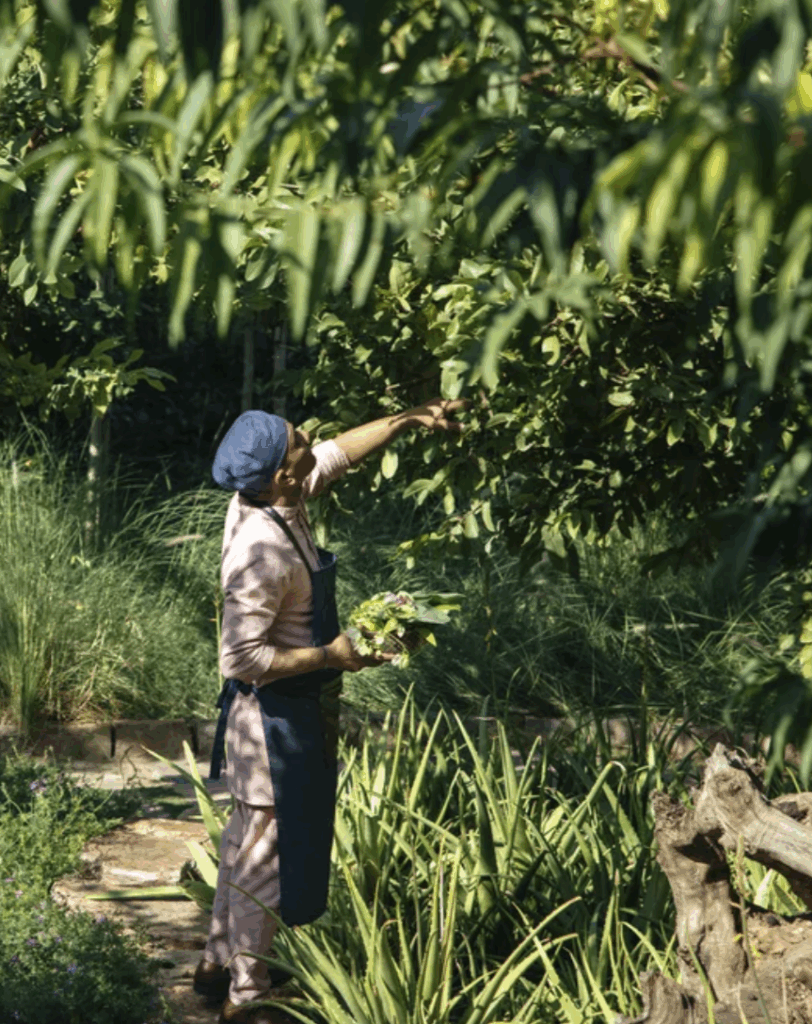
Photo credit: Six Senses Fort Barwara
The resort now aims to plant 5,000 trees to restore the original flora, improve the water catchments and facilitate the return of indigenous birdlife and wildlife. These trees must be planted by hand and are being nourished by Six Senses Fort Barwara’s zero waste and composting efforts. Rewilding is a delicate operation, overseen by Saurabh Shukla,
the property’s Sustainability Director, who oversees the seed bank. “We’ll be preserving local varieties of barley and dhok. It will take everyone, young and old, villager, host, and guest, to plant a tree,” he says.
This year, the hotel group launched a Seed Saving pilot in August across seven properties to better understand the challenges involved in seed saving, the equipment required and how guests and local communities can get involved. Says Jeffrey Smith, Vice President Sustainability at Six Senses, “Seed saving always begins with curiosity. From there, each location and each person bring their own approach: some focus on harvesting seeds from the strongest or tastiest plants, others work on habitat restoration, and some dive into citizen science projects.”
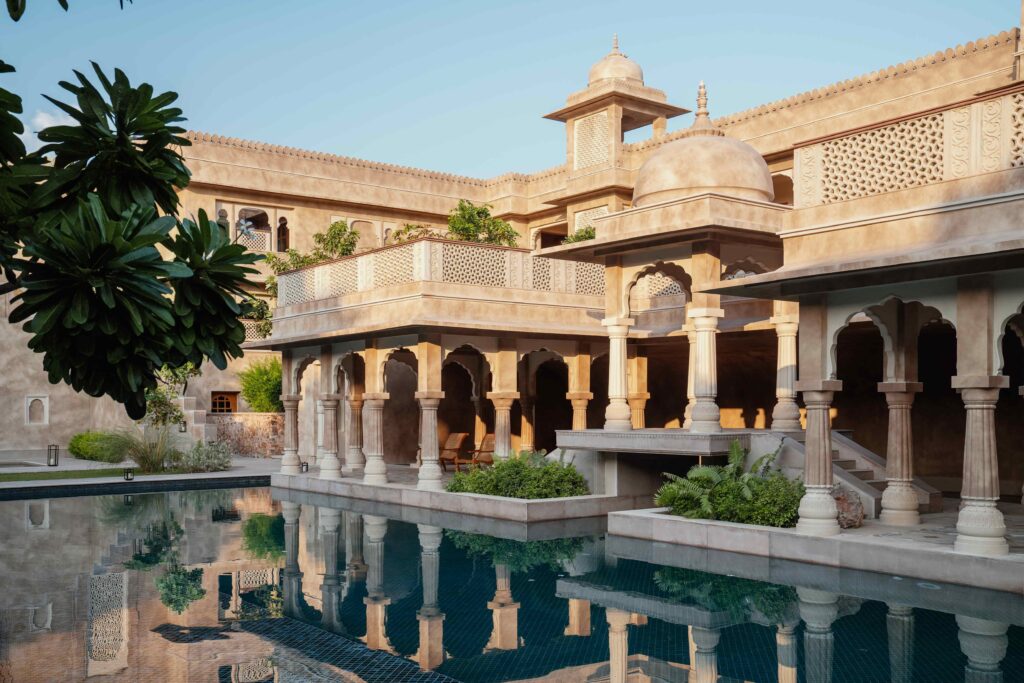
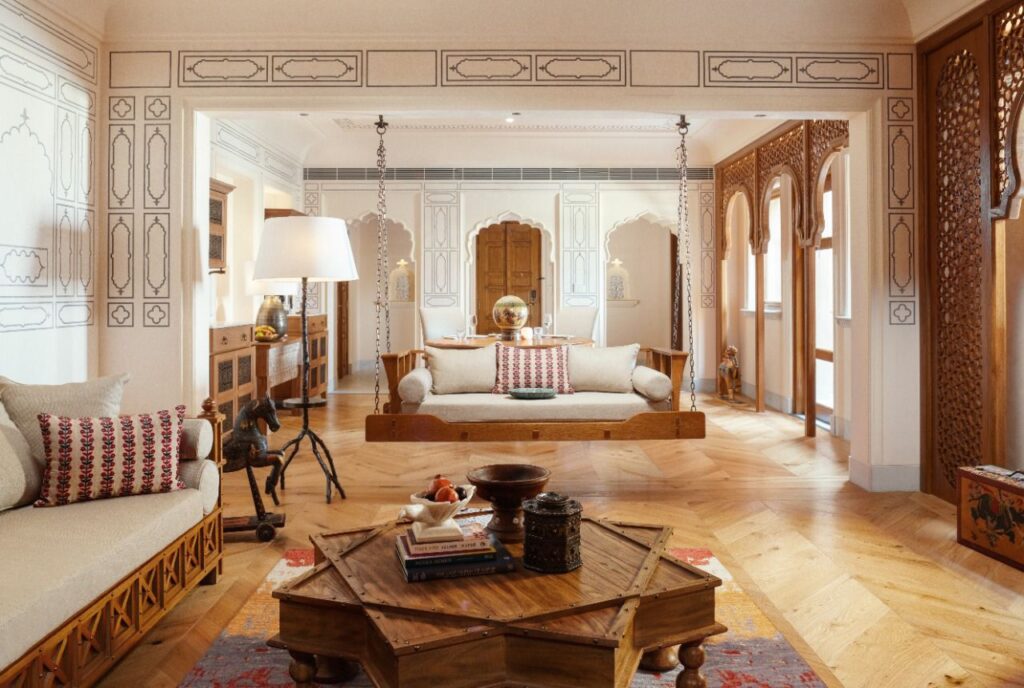
Pool and guestroom | Photo credit: Six Senses Fort Barwara
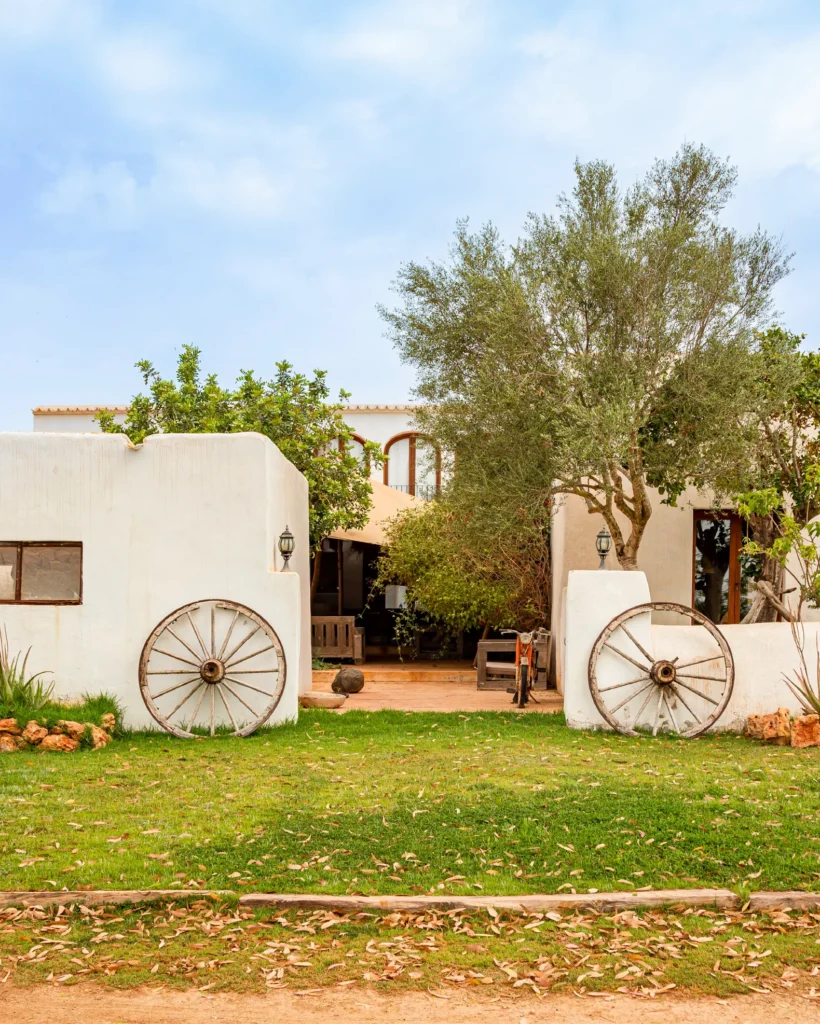
At Six Senses Ibiza, the heirloom seeds are GMO-free and producing natural, traditional, and healthy food | Photo credit: Six Senses Ibiza
He gives the example of Six Senses Ibiza, where 48 vegetable seeds and 10 flower and herb seeds were collected in 2023. “By 2024, around 70% of the property’s farm products came from the seed bank, a true closed-loop system where seeds are carefully chosen, reproduced, and nurtured. The best plants were selected for adaptability, yield, and resistance to disease, with sprouting success rates of around 80%. All whilst ensuring our heirloom seeds are GMO-free and producing natural, traditional, and healthy food.” The other hotels involved in the pilot, which concludes in the first quarter of 2026, are Six Senses Con Dao, Six Senses Douro Valley, Six Senses Ninh Van Bay, Six Senses Rome,
Six Senses Southern Dunes, and Six Senses Zighy Bay.
The pilot is also designed to help gauge interest levels for potential guest programming across the group. However, he also adds that there is an important balance to find between curiosity and experiences as well as responsibility. “Guests can participate in onsite activities, but keeping seeds in their natural habitat prevents the spread of invasive species or disease. For this reason, international guests are not given seeds to take home.” He cites organic gardening workshops, ecological restoration projects, or creative activities inspired by seeds, such as making seed bombs or kokedamas, as activities that guests can participate in. “Through these experiences, we aim to spark curiosity, deepen connections with nature, and engage guests in actions that help protect biodiversity in a rapidly changing climate. In parallel, we aim to play an active role distributing seeds and facilitating seed swaps for our neighborhoods, gardeners, schools, and of course farmers.”
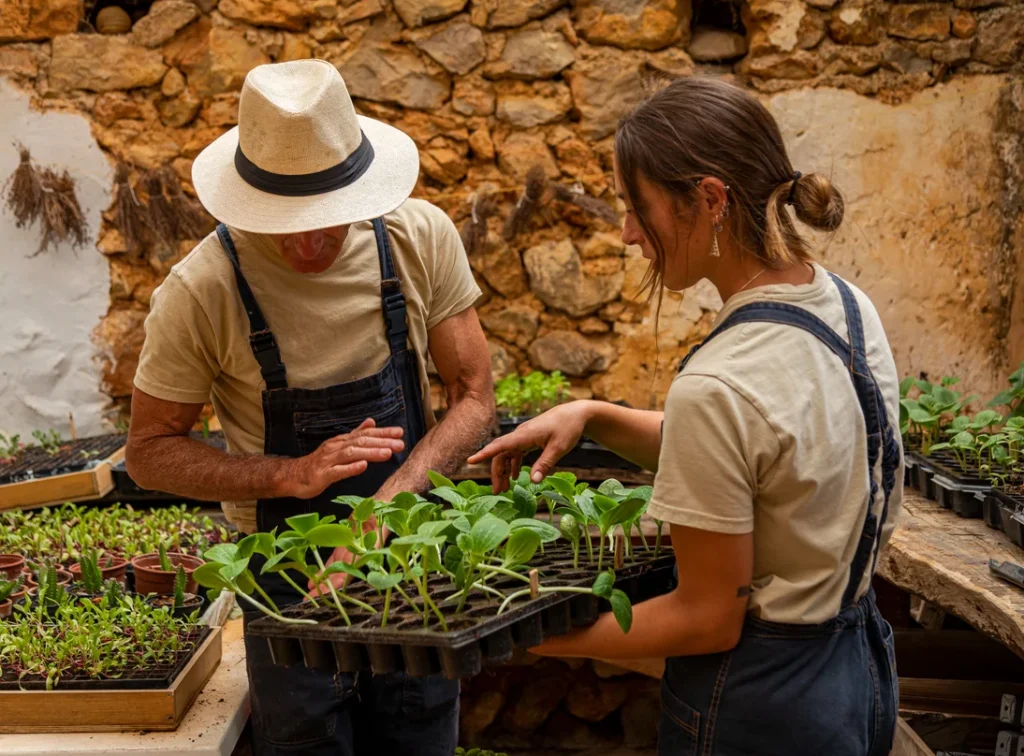
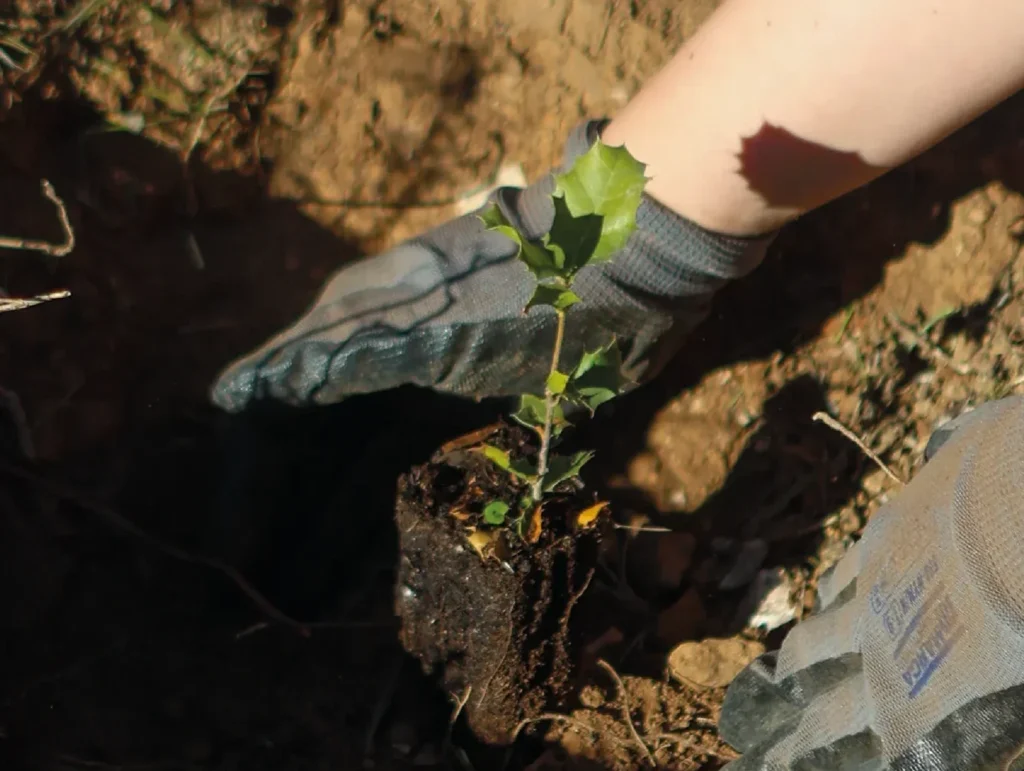
Photo credit: Six Senses Ibiza
Author: Karen Fong
Karen Fong is a Singapore-based writer and editor who has previously spent time in Hong Kong, Shanghai and Canada. She writes parenting, lifestyle and travel content and has worked with publications including The Singapore Women’s Weekly, DestinAsian, Travel+Leisure Southeast Asia and Prestige Hong Kong.



